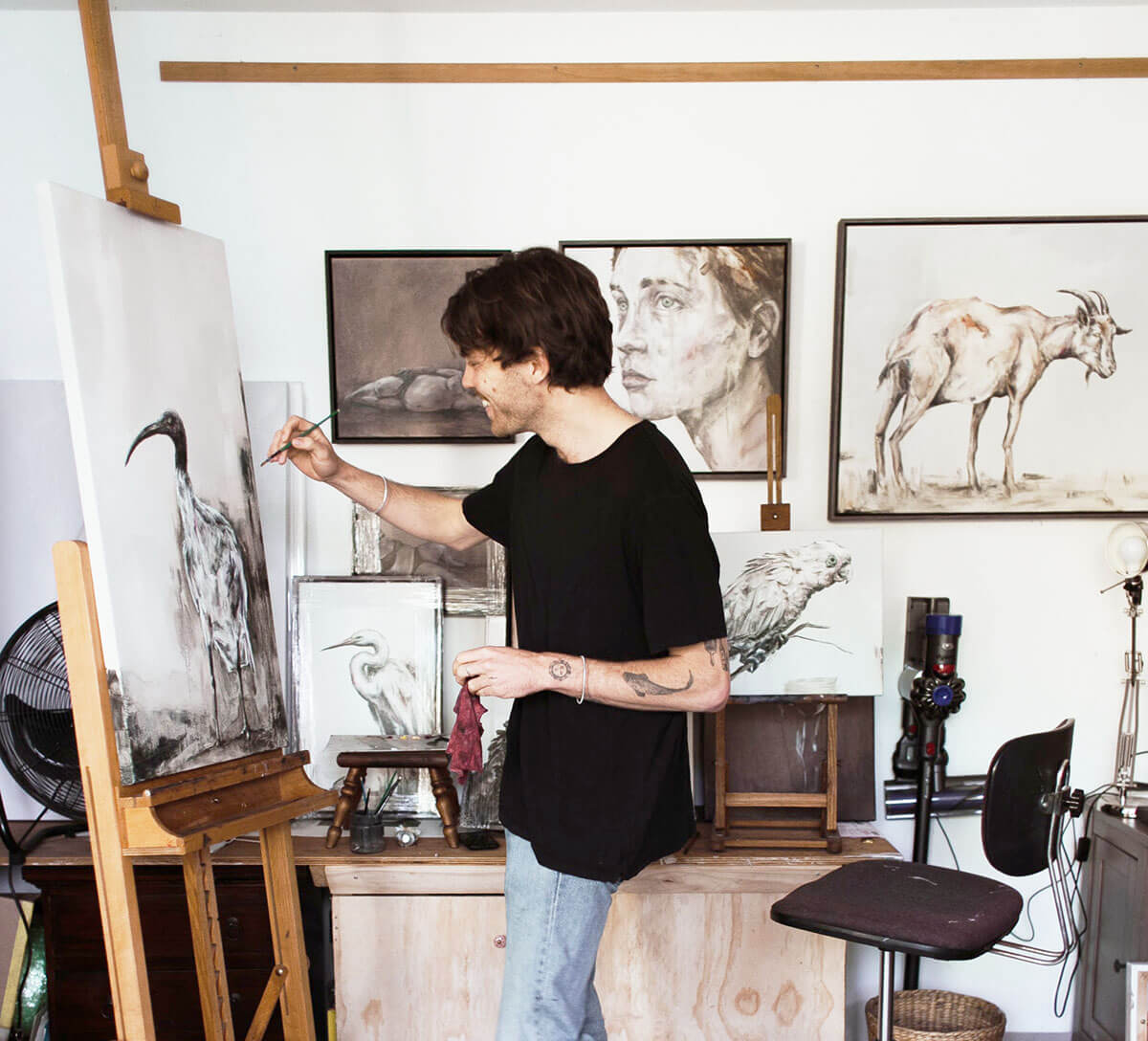Where hotels once talked about revenue per available room (RevPAR), the conversation is moving on to revenue per available guest (RevPAG).
The hope is that the metric enables hotels to continue to deliver hospitality while making the most of technology and maximizing revenue both within and beyond the property.
During “The spirit of hospitality in the age of automation” session at the recent Mews Unfold event, Leila Jiwnani, director and head of hospitality and leisure advisory for Deloitte, said RevPAG is about “viewing that guest as a whole and understanding the experiences and concepts that we are selling as hoteliers beyond just room inventory.”
She said that while the industry might talk about food and beverage, spas or other services, the bulk of the revenue comes from rooms, and hotel companies are set up around selling rooms.
And consumer behavior is changing as well, Jiwnani said.
Subscribe to our newsletter below
“Consumers still have a budget to travel, whether for leisure or business, but they are a little more experience driven. Therefore, the share of wallet that they are willing to spend on a room rate is shrinking, and what’s increasing is that proportion they are willing to spend on ancillary services.”
Hotels, Jiwnani said, are missing the opportunity “to tap into everything else that a hotel can provide,” but technology can help leverage these new revenue streams.
“It can generate demand, and it can fill capacity as well. What it can do away with through dynamic pricing is these peaks and troughs that we have in demand. In doing so, it offers a much broader product, to a much broader audience, which then allows us to target many more people and improve those bottomline numbers,” Jiwnani said.
Tech progress
A number of hotel groups and concepts have been experimenting with selling additional services and monetizing more of the available space in recent years. But how far is the technology enabling the development?
Richard Valtr, founder of Mews, who joined Jiwnani for the discussion, said that the technology is “on its way.”
He said one of the reasons Mews had acquired Atomize was to offer a revenue management system to enable hotels to offer and earn more.
“From a consumer perspective, I think every single consumer wants to be treated as who they are. I think that they’re more demanding than they ever have been—they expect this. And consumer behavior is also changing in that once you experience something, you want to experience it everywhere.”
Measuring RevPAG is becoming more important because “every single person wants something slightly different out of their trip,” Valtr said.
Dina Belon, president of boutique hotel chain Staypineapple, who also joined the panel, said the company is embracing the RevPAG concept.
From a consumer perspective, I think every single consumer wants to be treated as who they are. I think that they’re more demanding than they ever have been—they expect this.
Richard Valtr, Mews
In an interview with PhocusWire, she said there was a balance to be struck with revenue generation and Staypineapple’s “surprise and delight culture.”
“It’s not letting go of the ability to wow a guest with something. I don’t want to yield everything. We also work really hard at trying to have special things we comp versus the things that we’re selling in the hotel.”
Belon said the items it might offer on a complimentary basis would be different from what is already available in the “cooler” for example.
“It’s a different bottle of champagne, so it feels special. It shouldn’t feel like I just went and grabbed it and handed it to you.”
She also said the company had changed its point of sale system at the same time as its property management system (PMS) last year to enable it to offer more and generate additional revenue.
“It was so that we could get that integration between Mews and Toast, so that we could see all that information. The other thing that we often are missing is that it’s not just your total spend in the hotel today or this trip, but what is your total lifetime spend across our portfolio? I need to see that in our New York hotel, our Boston hotel, our San Diego hotel. I need to be able to see all of that information, lifetime, all purchases, whether you bought a package with a third party that we work with, [whether] it was food and beverage revenue, parking revenue or retail revenue.”
Mastering retail
Session moderator and hospitality expert Bashar Wali, founder and CEO of This Assembly, questioned how the hotel industry had let retail get so far ahead with technology.
“I no longer look at hospitality for inspiration; I feel like we hit a plateau on inspiration. Retail has figured this out—out of necessity—because it was on the verge of death, and necessity is the mother of all invention,” Wali said.
“I go to Instagram and click two buttons on a thing I just saw [that] I’ve never heard of, and it’s in the post coming my way. Why have they got so far ahead in technology? What has prevented us from doing so?”
Valtr said the industry has not had human-centric technology before but that this is now coming to the market.
“It’s also that the industry itself hasn’t really thought about how much can we monetize, how we actually take advantage of some of the volatility? I think that those types of things are becoming more common,” he said.
Technology also used to be an afterthought, according to Valtr, but now “it’s dominating the conversation in hospitality.”
“Now, people can see that a lot of the technology we have today is humanized. It’s easy to use, easy to operate and easy to actually get the results that you want for the type of brand that you want to become.”
I no longer look at hospitality for inspiration; I feel like we hit a plateau on inspiration. Retail has figured this out—out of necessity—because it was on the verge of death, and necessity is the mother of all invention.
Bashar Wali, This Assembly
Wali also said hotels need to think of themselves not as service providers but as retailers with perishable inventory. He questioned, however, whether RevPAG was applicable to all levels of hotels from large economy chains right up to luxury.
Jiwnani said it does apply, but it’s about how the concept is articulated that varies. Charging for everything right down to hair dryer usage is one way of generating revenue at one end of the market, she said.
At the upper end, it’s about “creating a 360 degree view of the customer,” looking at their spend behavior and preferences and creating experiences for them.
“I think this is where technology is really important and these new PMS systems from Mews and other technology can really help understand what those new consumer behaviours are and help them to predict those demands before the guest does.”
Phocuswright Europe 2025
Join us in Barcelona from June 10 to 12 to hear Richard Valtr, founder of Mews, discuss the company’s growth and challenges alongside leaders from Hostaway and Lighthouse.






